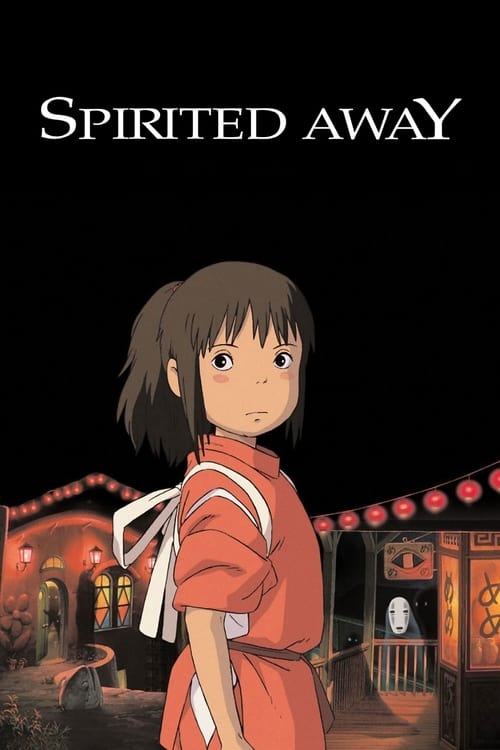International Streaming Wars
Global content competition
The global streaming wars have fundamentally transformed how international content reaches audiences, creating unprecedented opportunities for cross-cultural storytelling and challenging Hollywood's traditional dominance.
The streaming revolution began in earnest with Netflix's 2016 expansion into 190 countries, catalyzing a new era of global content discovery. South Korean content emerged as an early success story, with Bong Joon-ho's "Parasite" breaking barriers as the first non-English language film to win Best Picture at the Academy Awards. This watershed moment coincided with Netflix's aggressive investment in Korean content, leading to phenomena like "Squid Game," which became the platform's most-watched series globally. The success demonstrated how streaming platforms could leverage local production expertise while reaching international audiences, effectively creating a new model for global content distribution.
Regional streaming services have emerged as formidable competitors, with platforms like China's iQiyi and India's Hotstar developing sophisticated content strategies. Disney's acquisition of Hotstar provided a blueprint for entering emerging markets, while Amazon Prime's investment in local content across territories has yielded successes like "Mirzapur" in India and "LOL: Last One Laughing" in multiple international versions. These platforms have demonstrated that local content can travel globally when given proper distribution channels, leading to increased investment in non-English language productions.
European content has particularly benefited from streaming wars, with services competing for prestigious productions. "Dark" (Germany), "Money Heist" (Spain), and "Lupin" (France) demonstrated how non-English series could achieve global popularity while maintaining cultural specificity. Netflix's investment in European production hubs in Madrid and Rome has led to a renaissance in Mediterranean noir and elevated genre content, while local services like Canal+ and Sky have responded by increasing their original content budgets.
The streaming wars have particularly impacted anime distribution, with Sony's acquisition of Crunchyroll and merger with Funimation creating a dominant force in Japanese animation streaming. Netflix's investment in anime originals like "Devilman Crybaby" and exclusive streaming rights to Studio Ghibli films in many territories has intensified competition. This has led to increased budgets for anime productions and new co-production models between Japanese studios and international streaming services.
Latin American content has seen unprecedented international exposure through streaming platforms. Mexican filmmakers like Alfonso Cuarón ("Roma") and Guillermo del Toro ("Pinocchio") have created prestigious content for Netflix, while Amazon Prime's investment in Brazilian series has led to hits like "3%" and "Dom." This has resulted in increased production values and international co-production opportunities for Latin American creators.
The competition has also led to innovation in content formats and release strategies. Platforms experiment with interactive content like "Black Mirror: Bandersnatch" and multi-language productions like "Sense8." The success of weekly release models for shows like Disney+'s "The Mandalorian" has challenged Netflix's binge-release paradigm, while regional platforms experiment with mobile-first formats for markets like India and Southeast Asia.
Documentary content has flourished in the streaming wars, with platforms competing for prestigious non-fiction films and series. "Our Planet" demonstrated Netflix's ability to produce landmark documentary content, while Amazon's "All or Nothing" sports series showed how documentary formats could work across different markets and cultures. Local streaming services have responded by developing documentary content that appeals to both domestic and international audiences.
More Ideas

Kingdom
(2019)
Korean historical zombie series that blends genres
Streaming on Netflix
Sacred Games
(2018)
Indian crime drama that set streaming standards
Streaming on Netflix
Dark Desire
(2020)
Mexican thriller that topped global viewing charts
Streaming on Netflix
Alice in Borderland
(2020)
Japanese sci-fi survival series
Streaming on Netflix
More from Hollywood Transformed
WWII & Cinema's War Effort
Movies as propaganda and art
Independent Film Renaissance
Breaking free from studios
International Cinema Breaks Through
World cinema reaches America
Franchise Filmmaking Dominance
Sequels and shared universes
Streaming Changes Everything
Netflix revolutionizes distribution
Marvel & the Cinematic Universe
Superhero storytelling dominates
A24 & Independent Prestige
Art house meets commercial success
Post-Pandemic Cinema
How COVID changed moviegoing
From Weimar to Hollywood: The Émigré Influence
European artistry in America









